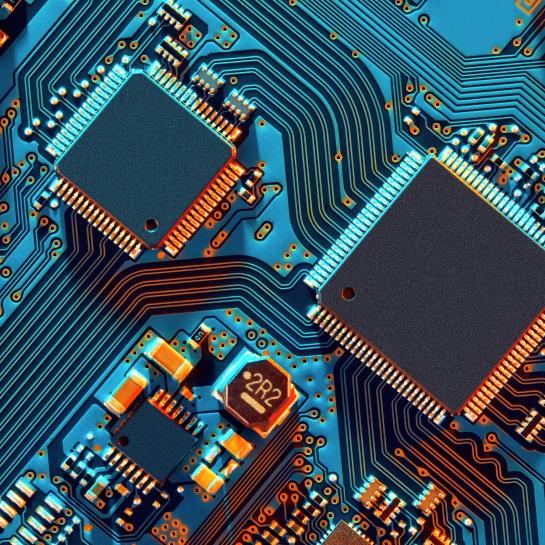
Acronym: FC3
Title: Flanders Chips Competence Center
| Call | DIGITAL-Chips-2024-SG-CCC-1 |
| EU nr | 101217720 |
| Period | 48 months - 01.06.2025 to 31.05.2029 |
| Project budget | € 2,799,999.56 |
| VUB budget | € 919,377 |
| Contact | Prof. Hugo Thienpont |
Can you provide a brief overview of FC3 and its key objectives?
The FC3 project seeks to support stakeholders in and around Flanders—including start-ups, SMEs, academic institutions and large-scale companies engaged in chip design and development- by providing essential expertise and insights to the supply chain ecosystem, from R&D to high-volume manufacturing. Key challenges include a shortage of skilled talent and limited access to specialized infrastructure. The FC3 consortium will serve as a central contact point, connecting stakeholders with the Chips-JU design platform, pilot lines, venture capitalists and other funding opportunities.
The key objectives are:
Alleviate the shortage of talent
Facilitate access to pilot lines, design platform and relevant actors
Improve the access to existing chip development expertise and infrastructure
Provide expertise about upcoming chip integration technologies and accelerate technology transfer
How will FC3 achieve these objectives?
Alleviate the shortage of talent:
Companies today are struggling to find and retain talent. The FC3 consortium aims to address this challenge by offering courses designed to upskill and reskill diverse talent profiles for electronic and photonic engineer careers in chip development.
Facilitate access to pilot lines, design platform and relevant actors:
FC3 will raise awareness about the Design Platform and Pilot Lines, enabling SMEs to access and utilize these resources effectively. Additionally, FC3 aims to connect companies with potential investors by engaging with venture capitalists and private equity firms interested in supporting hardware innovation.
Improve the access to existing chip development expertise and infrastructure:
FC3 will gather comprehensive information on chip technology offerings in Flanders. With this knowledge, we will efficiently direct companies to the most relevant expertise to address their challenges.
Provide expertise about upcoming chip integration technologies and accelerate technology transfer
FC3 will offer the industry valuable insights and expertise, drawing from both its own network and its European counterparts. By connecting companies to design platforms and pilot lines, we will facilitate access to emerging chip integration technologies. Additionally, we will encourage collaborative R&D opportunities across the value chain through EU and regional funding programs.
What specific role does VUB play within the FC3 consortium
The front office CCP (central contact point) is coordinated by the VUB and will serve as the primary interface between the FC3 partners, stakeholders and other European chips competence centers. The VUB will provide guidance and orienteering support relying on the best practices deployed as coordinator of multiple large scale European projects aiming to support innovation at SMEs in the photonics domain.
In addition, the VUB will operate several educational and training initiatives through the µFlow Group and the ETRO and B-PHOT departments. The Photonics Innovation Center houses a pilot line for optical design prototyping, upscaling of plastic and glass micro-optical components for photonic integrated circuits and optical interconnects. The Microlab core facility, housing cutting edge equipment such as Deep Reactive Ion Etching (DRIE), maskless lithography and plasma cleaning will empower researchers from versatile fields to develop microdevices for application in sensors, micro reactors and biosensors.
How do you envision FC3 contributing to broader societal and economic impact?
FC3 can contribute to a broader societal and economic impact by fostering innovation, strengthening the semiconductor ecosystem, and addressing key industry challenges. By upskilling and reskilling talent, FC3 can bridge the skills gap, create high-quality job opportunities and ensure a sustainable workforce for the future.
Additionally, by connecting SMEs and larger companies with specialized infrastructure, design platforms and funding opportunities, FC3 accelerates technological advancements and promotes economic growth. Strengthening the regional chip supply chain also enhances Europe’s technological sovereignty, reducing dependency on external markets.
Through collaboration with European partners, FC3 stimulates cross-border innovation and joint R&D, ensuring that breakthroughs in chip integration benefit multiple industries from healthcare to automotive. Ultimately, FC3’s efforts will drive both industrial competitiveness and societal progress, fostering a resilient future-proof semiconductor ecosystem.
